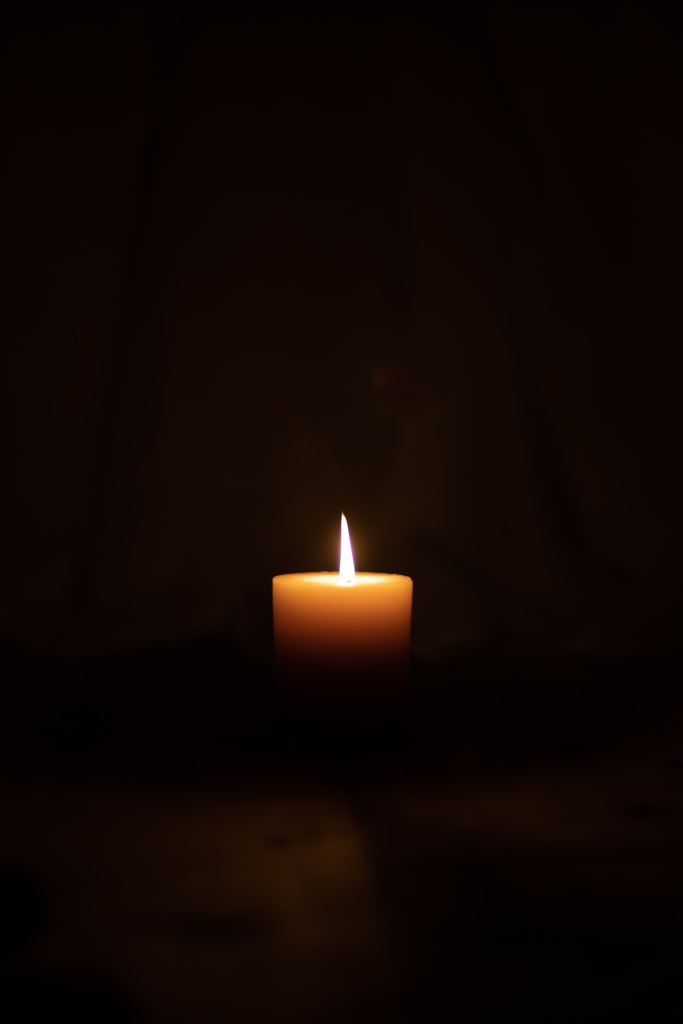
One of Britain’s leading disaster planners recently wrote this:
In disaster planning, you usually see an event of total destruction followed by a fragile, precarious rebuild. But we haven’t got there in terms of explaining the damage done by the pandemic. We’re trying to pretend it hasn’t happened. Until we find a narrative to explore the damage wrought that is not political and not partisan, you won’t get to explore what a build-back might look like.
Lucy Easthope, Wired Magazine, July-August 2023, ‘The opportunity to change the NHS has arrived.’
Lucy Easthope is the person you want around when a disaster has happened, or better still, hasn’t yet happened. Her book When the Dust Settles is in turns moving and thought-provoking, one of my favourite reads of the year. We are collectively lucky to have her wisdom and care. When she speaks on her subject, you are inclined to listen.
Then add the sense of crisis all around us. Every government institution that opens its doors to everyone who needs it (NHS, schools, courts, prisons, social care) seems to be short-staffed, stretched, demoralized, near to being overwhelmed. Years of funding cuts have removed many of the buffers that helped people outside of school, hospital, the doctors, the prisons. Then we were wopped by the pandemic, a national heart attack.
Stories have power to motivate and mobilise whole nations. This is obvious: think not just of Churchill’s speeches in 1940, or the Ukrainian president today, but also of the populists who by saying ‘Take back control’ or ‘Make America Great Again’ put heart into many people who were otherwise disillusioned (for good or ill). I was not around for the post-war Labour government but I am struck that despite national bankruptcy, trauma and loss they dreamed up a new nation, inventing the NHS and the welfare state. For all their faults and failings, they presumably at least partially captured a recovery moment and a recovery narrative.
What would a recovery narrative look like? How about something like this?
- We’ve suffered a pandemic – a quarter of a million of us died before our time and the nation stumbled to an eerie halt, locked up at home. This harmed and affected all of us.
- We’re still convalescing, nationally and individually. We’re fragile. We need to be gentle with each other and the failings all around.
- This is a moment for rebuilding. We can rethink how the government spends its money, what national thriving looks like and how to achieve it; we can be patient with schoolchildren and students who have lost years from their learning; we can bear inconveniences, so long as they are the inconveniences of living on a building site. We can put things in place today, in battered today, that will bear fruit in decades to come.
- Today we can make choices that will make higher and wider the lives of our children and grandchildren, even if we don’t see the day ourselves. A damaged generation, we can be an optimism generation.
